Director Stanley Kubrick rose to notoriety for his perfectionism during the early years of his career. While most of his movies have won a great deal of attention, doing well at the box office as well as being film school favorites, The Shining attracted a particular media frenzy from the time it was released, partially due to the popularity of Stephen King’s novel on which it was based.
The famous director always demanded that the crew completely dedicate themselves to his vision. A passionate man, no doubt, but one that also brought to life some of the most remarkable moments in cinematic history, whether it was in 2001 A Space Odyssey, A Clockwork Orange, or Dr. Strangelove.
On the other hand, the exhaustion and frustration that Kubrick put his crew and actors through became infamous. Glimpses of such treatment can be seen in the making-of documentary that was filmed during the production of The Shining. Kubrick rejected the press and was highly secretive about his projects, but he permitted his daughter Vivian to make a documentary, giving the audience a unique insight into his creative process.
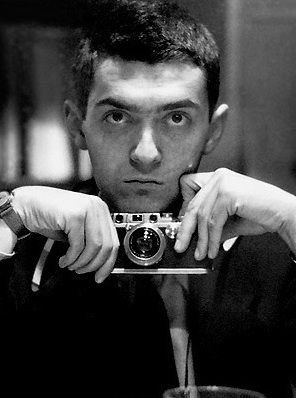
In it, we witness the director’s treatment of actress Shelley Duvall, who played the leading role of Wendy Torrance, married to Jack Torrance (Jack Nicholson), living in growing fear of him as he loses his grip on reality while they live in isolation in a Colorado hotel during the winter, until she must fight for her life.
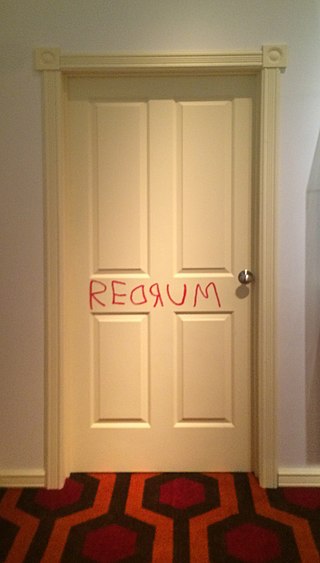
The unhappiness and infighting that plagued the production soon caught the public’s eye. In an interview with Roger Ebert, the late doyen of film critics, conducted just a few months after the film was released, she spoke quite openly about the filming conditions.
“Jack Nicholson’s character had to be crazy and angry all the time. And in my character, I had to cry 12 hours a day, all day long, the last nine months straight, five or six days a week. I was there a year and a month, and there must be something to Primal Scream therapy because after the day was over and I’d cried for my 12 hours, I went home very contented. It had a very calming effect. During the day I would have been absolutely miserable. After all that work, hardly anyone even criticized my performance in it, even to mention it, it seemed like. The reviews were all about Kubrick like I wasn’t there.”
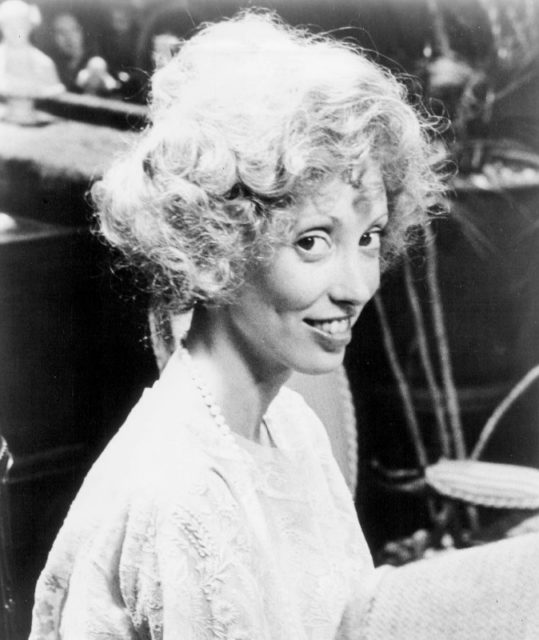
It was no secret that Shelley Duvall and Kubrick had a bad relationship, due to Kubrick’s constant diminishing of Duvall’s acting during filming. This sparked controversy among press and audiences alike, but the film itself survived the test of time.
At first, the film’s success hung by a thread. It received mixed reviews when it was released in 1980, after 13 months of production. Kubrick was nominated for the Golden Raspberry Awards, established that same year to highlight what was believed to be the worst picture of the year. Despite her having said she received no bad reviews, Shelley Duvall was nominated as well, as her performance was described as over-the-top and comically bad by some critics.

Jack Nicholson reflected on the Duvall/Kubrick relationship in a documentary titled Stanley Kubrick: A Life in Pictures. He drew attention to the double standards with which the director approached him and his co-star. Kubrick was on the same page with Nicholson and treated him with respect but was always critical of Duvall.
This was part of Kubrick’s plan, it seems. As Vivian Kubrick has confirmed in the commentary in The Making of The Shining, Stanley Kubrick deliberately bullied Duvall in order to enhance the insecurity of Wendy Torrance.
He can even be heard in the film saying to the other crew members while she is standing right next to him, “Don’t sympathize with Shelley.”
Kubrick would often put intense pressure on Duvall, saying she was wasting everyone’s time on set, and basically that all of her ideas and suggestions were worthless.
The result of this abusiveness can be seen in the famous baseball-bat scene, which was done in 127 takes (the scene with the most takes ever with spoken dialogue, according to Guinness Book of World Records). Jack Nicholson is menacing Duvall, and she is swinging a bat at him in distress. Duvall was crying between takes and her hysteria was quite real by the time the director found his money shot.
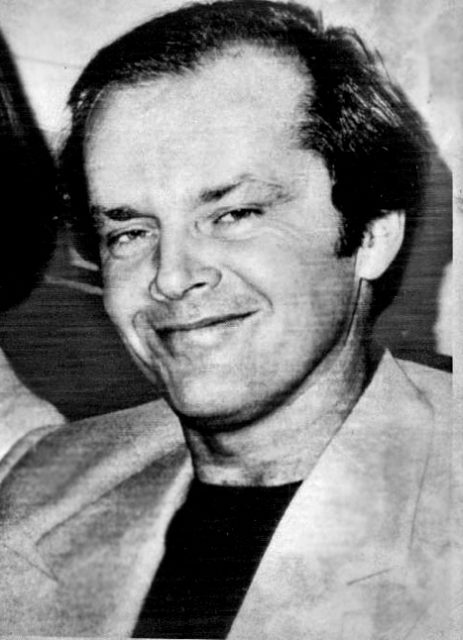
Stephen King was also notoriously discontent with the way his novel was adapted for the big screen. Apart from his other complaints about the film, he recently reflected on the way Duvall’s character was presented, in an interview for Rolling Stone in 2014.
“[The movie] is so misogynistic. I mean, Wendy Torrance is just presented as this sort of screaming dish rag.”
Which brings us to the most recent news concerning Shelley Duvall, who retired from acting in 2002. She had suffered disappointments and setbacks in her career. In 2016, after the media noted that she was reportedly suffering from mental illness, she appeared on Dr. Phil.
Her appearance was seen as disturbing, to say the least. At one point, she mentions the late Robin Williams, who once starred alongside Duvall in the 1980 film Popeye, as still alive and a shapeshifter of some sort.
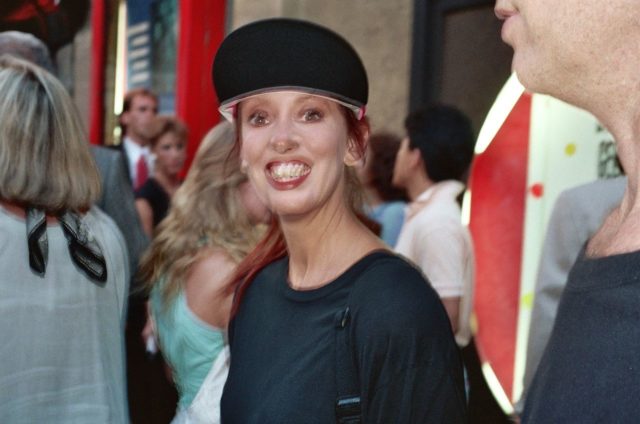
Duvall also mentioned that her life might be threatened by the Sheriff of Nottingham, a famous Robin Hood villain, and that a revolving dish has been embedded in her knee. Her sudden appearance in the media after almost 15 years of obscurity once again raised questions about the toll of the 13-month-long trauma she endured while working on The Shining.
In the book The Complete Kubrick, Shelley Duvall recalled her experience.
“From May until October, I was really in and out of ill health because the stress of the role was so great. Stanley pushed me and prodded me further than I’ve ever been pushed before. It’s the most difficult role I’ve ever had to play.”
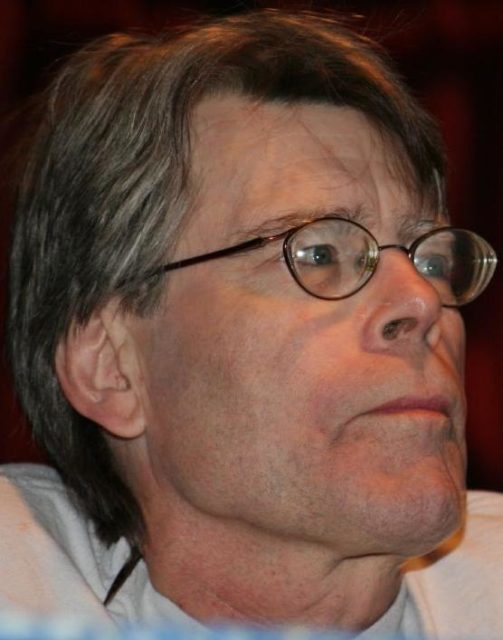
Right after the fiasco on the Dr. Phil Show, a fundraising campaign initiated by Vivian Kubrick was launched in order to help Duvall. Dr. Phil was accused by the famous director’s daughter of exploiting a mentally ill person, calling his act “appallingly cruel” on Twitter. However, critics questioned Vivian Kubrick’s motives and her membership in Scientology. The campaign was halted.
Duvall’s present state is unknown but reportedly the Actors Fund of America is working to help Duvall with paying for treatment.
